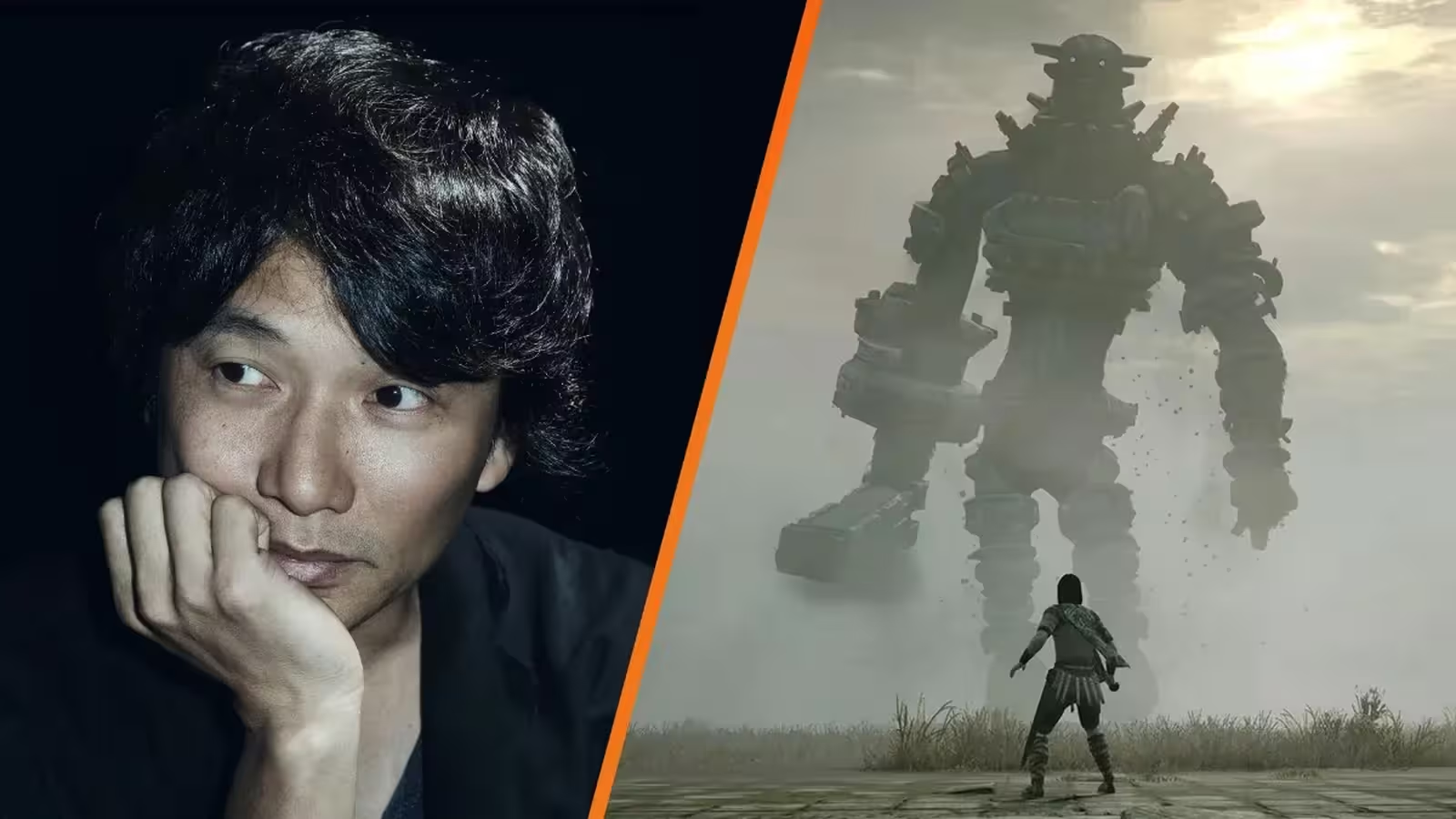4 Minutes
Fumito Ueda: From Game-Changing Creatives to Industry Reflection
Legendary game designer Fumito Ueda, famed for masterpieces like Shadow of the Colossus and The Last Guardian, has shared a thought-provoking perspective on the current state of the gaming industry. According to Ueda, the golden era of pioneering new gameplay mechanics has passed, signaling a major philosophical shift for game developers worldwide.
Focus Shifts to Refinement Over Reinvention
In a recent discussion with DenfaminicoGamer, highlighted by VGC, Ueda revealed his belief that contemporary game development is now centered more on refining and perfecting existing gameplay mechanics rather than creating entirely new ones. "We're no longer in an age where every title must introduce wholly original mechanics or tools," Ueda explained. Instead, he argues, developers are now pushing boundaries in other areas—artistic expression, immersive atmospheres, visual fidelity, and emotional engagement—to create standout experiences.
Echoes from the Industry: Innovation Through Polish
This perspective resonates with other influential creators, such as Keita Takahashi, the mind behind the Katamari series. Ueda noted that this mindset began taking root for him around the release of Journey in 2012. Takahashi confirmed that Ueda's emphasis on polishing established systems over chasing radical innovation has been a steady belief for years.
Product Features and Market Relevance
Ueda's previous works—ICO, Shadow of the Colossus, and The Last Guardian—were celebrated precisely for their groundbreaking gameplay structures and minimalist narrative styles. Shadow of the Colossus, for instance, remains a staple in PlayStation 2's legacy and saw renewed acclaim with Bluepoint's PS4 remake. These titles showcased how unique mechanics could redefine genres and set new standards.
Yet, with technological leaps allowing more realistic graphics and immersive worlds, many developers are now leveraging existing gameplay frameworks to deliver richer, more nuanced experiences, rather than reinventing the wheel every time. This approach opens the door for studios of all sizes to focus on art direction, narrative sophistication, and sensorial depth as key differentiators.
Looking Ahead: Ueda's Next Project and Industry Trends
After nearly a decade since The Last Guardian's release, Ueda and his team at genDESIGN are working on their next ambitious title, codenamed Project Robot. Unveiled in 2024 and published by Epic Games, this project marks a milestone for Ueda, as it's set to launch not only on PlayStation and Epic Games Store, but, for the first time, on Xbox platforms. This broad distribution reflects a maturing industry where accessibility and cross-platform innovation are increasingly important.
Comparisons, Advantages, and Use Cases
Compared to the industry's earlier obsession with "never-seen-before" gameplay, the current trend offers significant advantages: studios can deliver highly polished game experiences, craft immersive environments, and appeal to broader audiences across multiple consoles. Rather than sacrificing quality for novelty, the focus is on perfecting what works—a strategy benefiting both developers and players.
Conclusion
Fumito Ueda's remarks serve as a valuable insight for game creators and enthusiasts everywhere. As the industry evolves, innovation now lies as much in the art of refinement as in bold invention. Players can expect more visually dazzling and emotionally resonant games in the years ahead, built on the polished foundations of proven gameplay mechanics.
Source: itresan


Leave a Comment